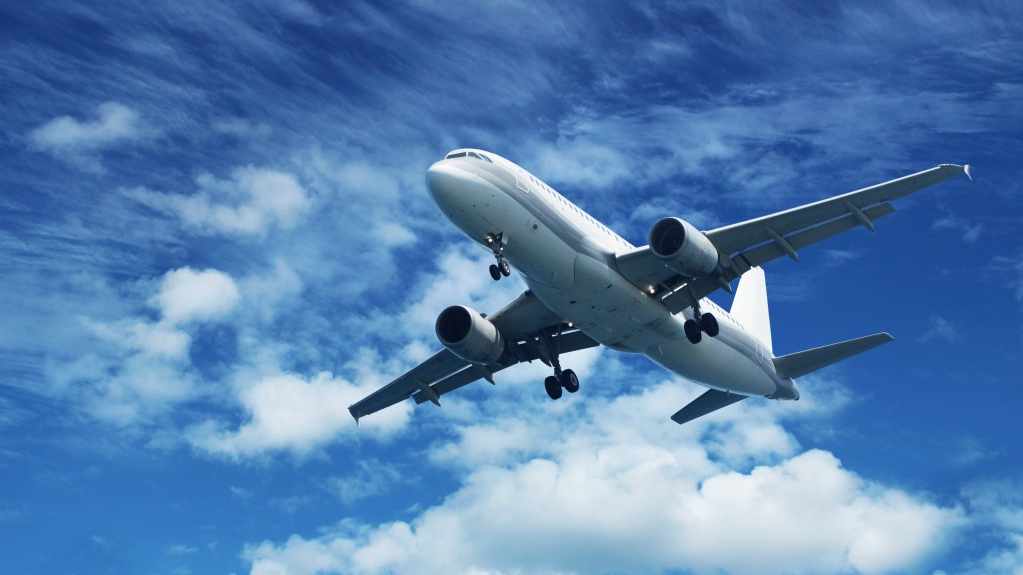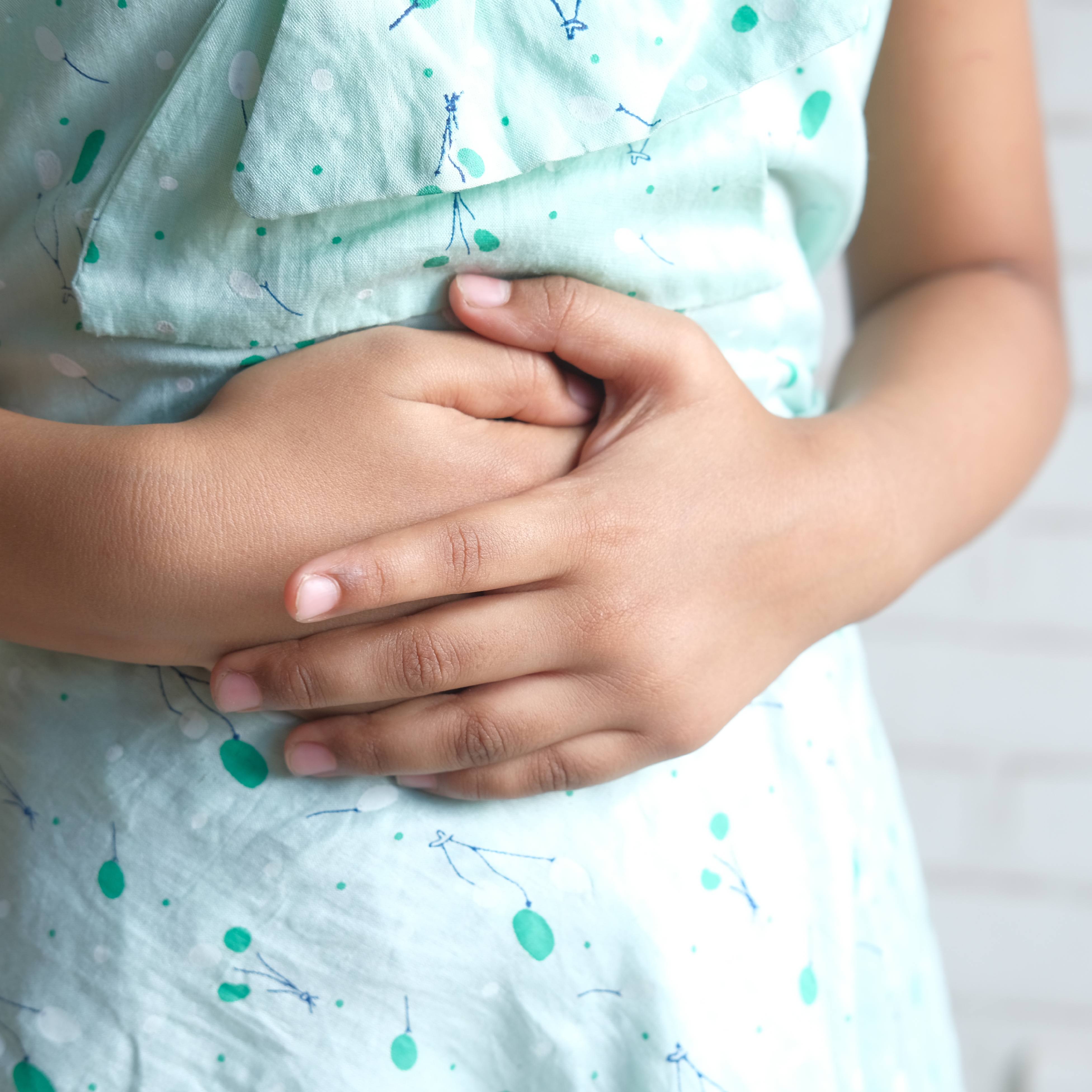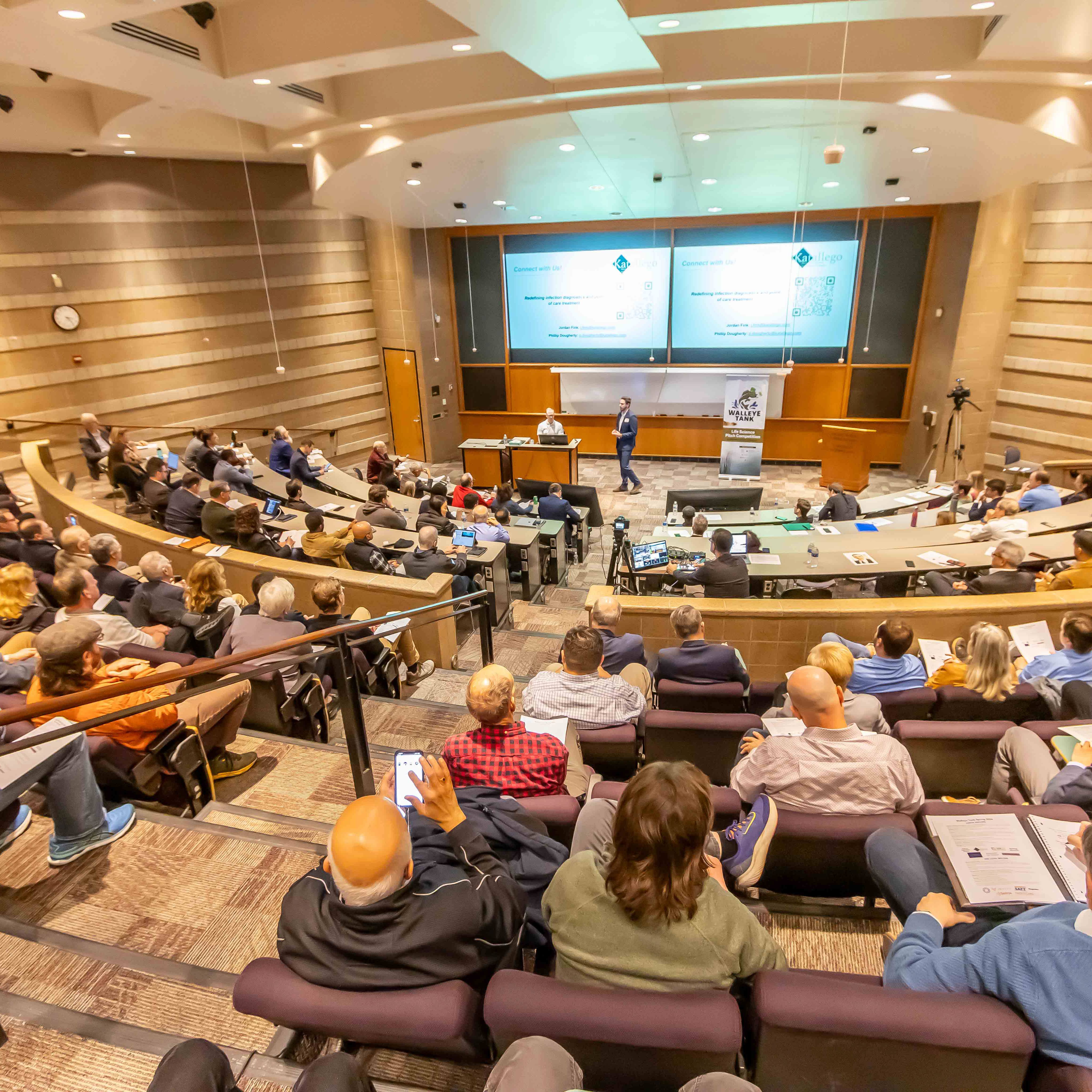 Holiday travel is expected to soar this season. AAA expects more than 100 million Americans to hit the highways and the skyways. While a majority of travelers will drive, nearly 6 million people are expected to fly to their holiday destination.
Holiday travel is expected to soar this season. AAA expects more than 100 million Americans to hit the highways and the skyways. While a majority of travelers will drive, nearly 6 million people are expected to fly to their holiday destination.
If you are one of those millions of air travelers, you may have experienced an ear popping or ear pain during a flight. Airplane ear, defined as pain or discomfort while flying and changing altitude, is very common. Nearly everyone who flies has experienced it at least once, including babies and children.
Mayo Clinic Children's Center pediatrician Dr. Brian Neff says, "Children should not fly when they have a cold, ear infection, or are in the midst of a bad allergy flare." He adds, "Take-off and landing can be especially tough on young ones. Make sure they are drinking a bottle during take-off and descent. Children can drink something also or if old enough, suck on candy or chew gum. These promote swallowing and eustachian tube function."
Airplane ear prevention tips:
- Yawn and swallow during ascent and descent
- Use the Valsalva maneuver during ascent and descent
- Don't sleep during takeoffs and landings
- Reconsider travel plans
- Use an over-the-counter decongestant nasal spray
- Use oral decongestant pills cautiously
- Take allergy medication
- Use filtered earplugs
Symptoms of airplane ear include:
- Moderate discomfort or pain in your ear
- Feeling of fullness or stuffiness in your ear
- Muffled hearing or slight to moderate hearing loss
Airplane ear usually isn't serious and responds to self-care. Safe and happy travels.
Related Articles







